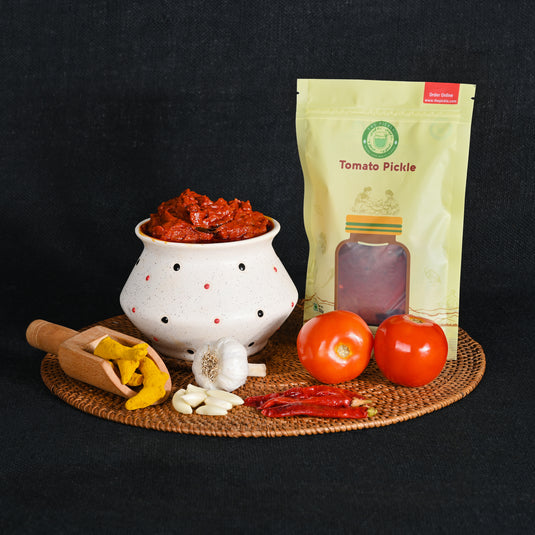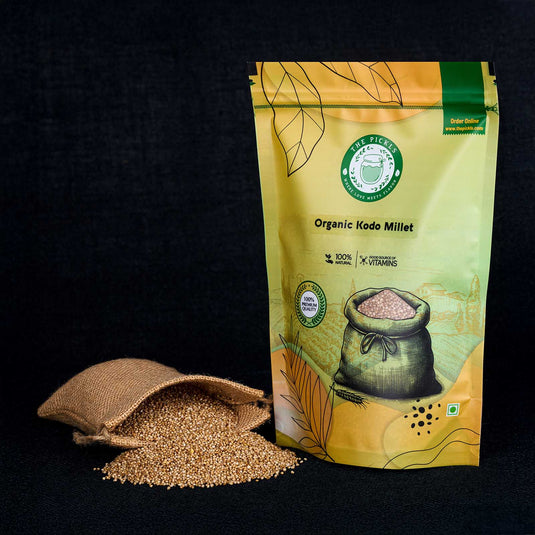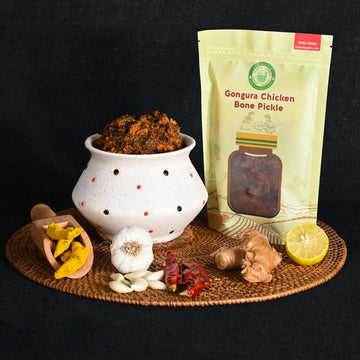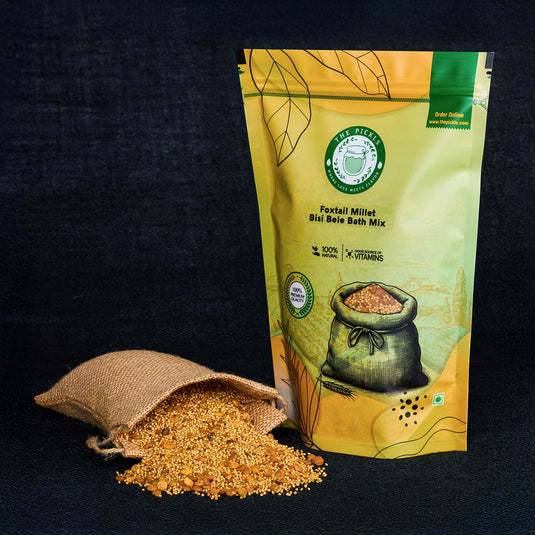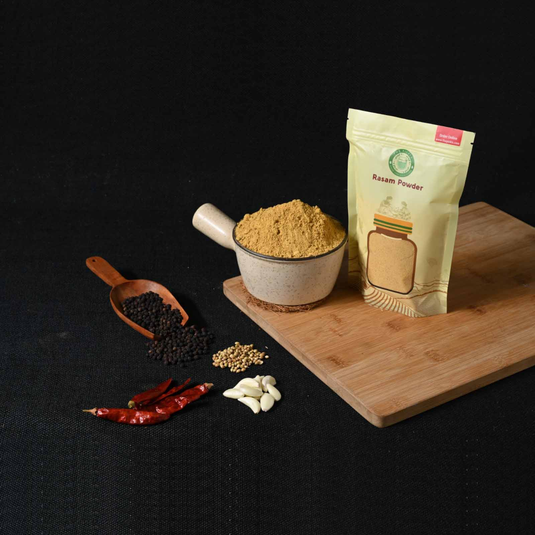Kodo Millet: A Supergrain for Health and Wellness
Kodo millet, an ancient grain commonly grown in India and other parts of Asia, is rapidly gaining popularity as a nutritious, gluten-free alternative to other grains. Packed with essential vitamins, minerals, and fiber, kodo millet offers a wide range of health benefits. Let’s explore why you should consider adding this supergrain to your meals.
1. Rich in Essential Nutrients
Kodo millet is loaded with essential nutrients, including B vitamins (niacin, B6, and folic acid), calcium, iron, potassium, and magnesium. These nutrients are vital for maintaining energy levels, supporting immune function, and promoting strong bones and muscles. Additionally, by including millet in your diet, you can easily meet your daily nutrient requirements without consuming the added calories found in refined grains. Thus, kodo millet offers a nutritious option without compromising on taste or health.
2. High in Dietary Fiber
One of the standout features of kodo millet is its high fiber content. Dietary fiber plays a crucial role in digestion by promoting healthy bowel movements and preventing constipation. Moreover, a fiber-rich diet can help regulate blood sugar levels and lower cholesterol. As a result, it reduces the risk of heart disease and helps manage diabetes more effectively. Therefore, incorporating kodo millet into your diet can improve overall digestive health.
3. Supports Weight Management
For those looking to maintain a healthy weight, kodo millet is an excellent grain choice. Due to its low glycemic index, it releases energy slowly, helping you feel fuller for longer. This, in turn, reduces cravings and prevents overeating. As a result, it becomes easier to maintain or achieve a healthy weight. In fact, millet can be an effective tool in controlling appetite, making it a great addition to a weight management plan.
4. Ideal for Diabetes Management
Thanks to its low glycemic index, kodo millet is a diabetic-friendly grain. Unlike refined carbohydrates that cause blood sugar spikes, millet releases glucose gradually into the bloodstream, helping to maintain stable blood sugar levels. This makes it an excellent choice for people with diabetes or those at risk of developing the condition. Therefore, consuming millet regularly can be an effective way to manage blood sugar levels and support overall health.
5. Boosts Heart Health
Kodo millet is rich in heart-healthy compounds, including magnesium and potassium, which help regulate blood pressure. Additionally, its high fiber content helps lower LDL (bad) cholesterol levels, reducing the risk of heart disease. Thus, regular consumption of millet, in conjunction with a balanced diet, can contribute to better cardiovascular health. For heart health, millet is a great choice that provides essential nutrients to support your heart.
6. Aids in Detoxification
Moreover, kodo millet contains antioxidants that assist in flushing out toxins from the body while reducing oxidative stress. The presence of phenolic compounds in millet helps combat inflammation, potentially lowering the risk of chronic diseases. By adding millet to your diet, you support your body's natural detoxification processes. Therefore, millet serves as a powerful tool in fighting oxidative damage and promoting wellness.
7. Gluten-Free Grain Option
For those with gluten intolerance or celiac disease, kodo millet is a safe and nutritious alternative. It can replace gluten-containing grains like wheat in many recipes. As a result, people with gluten sensitivity can enjoy grain-based meals without discomfort. Therefore, kodo millet is an ideal gluten-free option that doesn’t compromise on taste or nutrition.
How to Incorporate Kodo Millet into Your Diet
Kodo millet is incredibly versatile and can be used in a variety of dishes. Here are a few simple ways to add it to your meals:
- Millet Porridge: A wholesome breakfast option when cooked with milk or water, then topped with fruits and nuts.
- Salads: Add cooked kodo millet to salads for a filling, fiber-rich meal.
- Millet Upma: A savory dish made with kodo millet, vegetables, and spices.
-
Rice Substitute: Use kodo millet as a nutritious substitute for rice in curries or stews.
Conclusion
In conclusion, kodo millet is a powerhouse grain that offers numerous health benefits. From supporting heart health to aiding in weight management and promoting stable blood sugar levels, it’s a versatile and nutritious addition to your diet. Whether you're looking to adopt a healthier lifestyle, manage a specific health condition, or explore gluten-free grains, millet can be an invaluable part of your meals. Try incorporating it into your daily meals and enjoy the wholesome goodness and variety it brings to your plate
